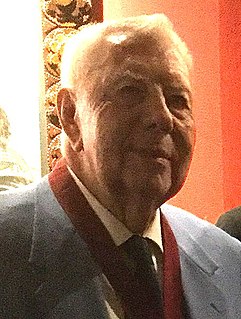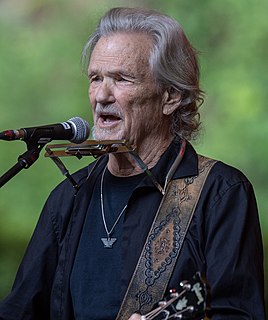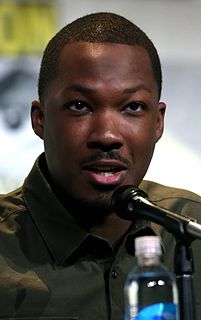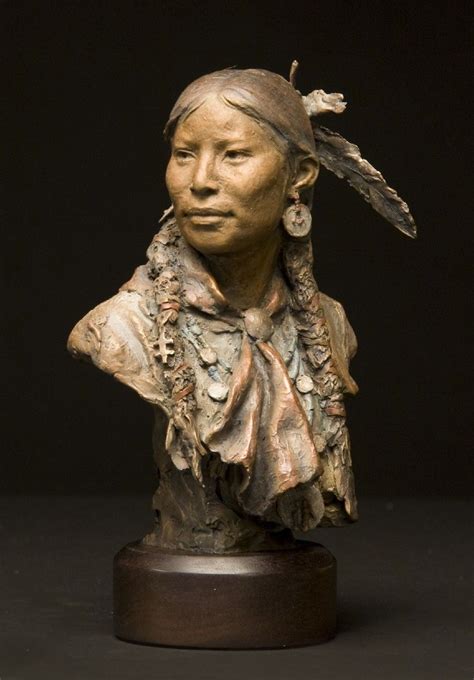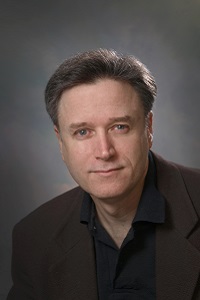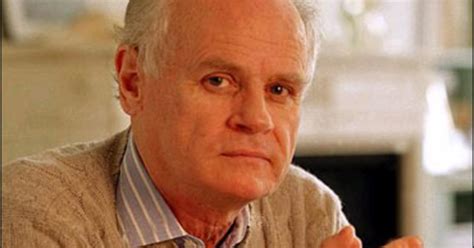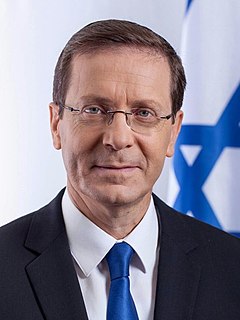A Quote by Mort Walker
The people who were against the Vietnam War thought I was attacking the Army. The guys in the Army thought I was representing their experiences. I was on both sides, and I survived.
Quote Topics
Related Quotes
There were 315,000 slave owners in the Union Army (with 200,000 in the Confederate Army) and the men who walked away from the Union Army were adamantly opposed to freeing slaves. We cite these facts and recorded statistics to point out that the principal cause of the war was not the issue of slavery.
Strike against war, for without you no battles can be fought. Strike against manufacturing shrapnel and gas bombs and all other tools of murder. Strike against preparedness that means death and misery to millions of human beings. Be not dumb, obedient slaves in an army of destruction. Be heroes in an army of construction.
Dropping of the atomic bomb was the main subject of conversation for many years and so people had very strong feelings about it on both sides and people who thought it was the greatest thing they'd ever done and people who thought it was just an unpleasant job and people who thought they should have never done it at all, so there were opinions of all kinds.
In the Army of the Shenandoah, you were the 'First Brigade!' In the Army of the Potomac you were the 'First Brigade!' In the Second Corps of this Army, you are the 'First Brigade!' You are the 'First Brigade' in the affections of your general, and I hope by your future deeds and bearing you will be handed down the posterity as the 'First Brigade' in this our Second War of Independence. Farewell!
It was Harry Patch, who was the last living World War I veteran; and by veteran I mean someone who actually fought in the war, he didn't just happen to be in the army at that time, in the Great War. And when the Iraq War started, he was interviewed, and they said, well what do you think of this? And he said, in a very sad voice, "Well, that's why my mates died. We thought we were going to end all that sort of thing."
